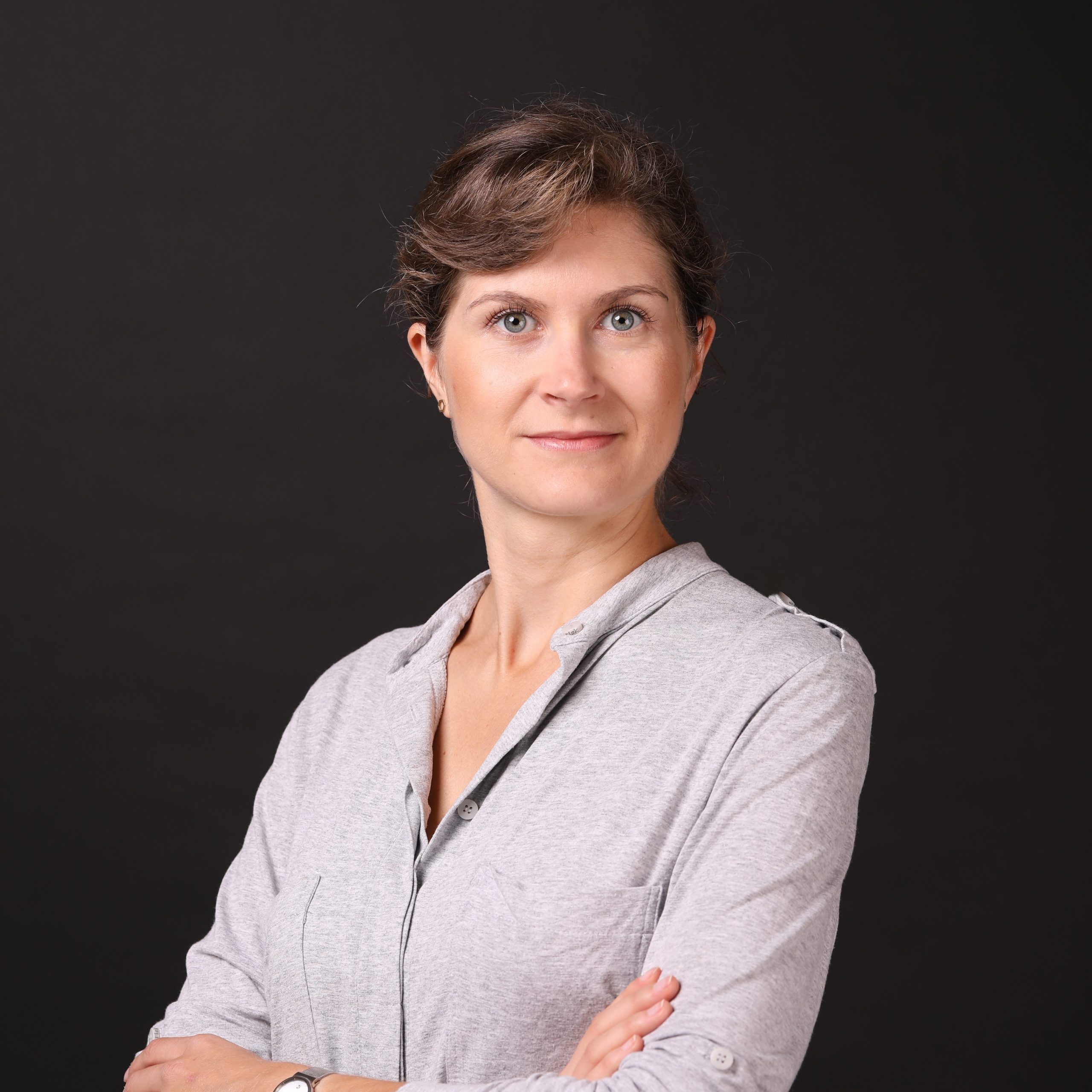
Another grant for the Faculty of Biotechnology
Dr Julia Chudzian from the Faculty of Biotechnology has been awarded funding by the National Science Centre through the MINIATURA competition for her research titled “Alternatywne formaty przeciwciał rozpoznające receptor 3 czynników wzrostu fibroblastów do zastosowań terapeutycznych.”
Receptors on the cell surface enable transmission of signals from the extracellular environment to the interior of the cell, as well as the intercellular communication. Among them, fibroblast growth factor receptors (FGFRs) play an important role. They are proteins activated by a number of specific fibroblast growth factors (FGFs). “The binding of FGFs to the receptors and the subsequent dimerization of FGFRs is a strictly regulated process that triggers a stream of signals being transmitted. It leads to diverse cellular responses, such as growth, migration, proliferation, and differentiation of cells. This process is also significant in the cells’ response to stress and the regulation of metabolism,” explains dr Julia Chudzian, an assistant professor in the Department of Protein Engineering at the Faculty of Biotechnology.
Because of the fundamentality of the FGF-FGFR interaction in cells, its dysregulation often leads to various diseases, including cancers. “Excessive activation of FGFR3 is characteristic of bladder, cervical, and colon cancers. FGFR3s are the potential aim of molecularly targeted therapies which could be an effective solution minimalizing the side effects of treatment,” says the scientist.
The aim of the project is to develop a series of antibody fragments that specifically recognize the FGFR3.
According to dr Chudzian, “The research will involve selecting antibody fragments in the VH format (the variable part of the heavy chain), using phage display technology which is based on the presentation of peptide sequences on the surface of bacteriophage virions. As a result, we will obtain FGFR3-specific protein molecules that will then undergo detailed biophysical and biological analyses to determine the key parameters essential for their therapeutic potential.”
By binding to the receptor, blocking its dimerization, or disabling the FGF-FGFR3 interaction, the antibody fragments will serve as a base for developing selective therapeutic molecules to use in targeted cancer therapies and in treatment of other conditions associated with the abnormalities in the functioning of FGFR3.
The list of winners of the latest MINIATURA competition from the University of Wrocław includes:
Dr Wojciech Wiertelak from the Faculty of Biotechnology, who received a grant for his research titled “Wpływ terapii galaktozą na transkryptom komórek ludzkich”
Dr Hanna Kędzierska from the Faculty of Modern Languages, Cultures and Literatures awarded a grant for her research titled “Wpływ wymowy cudzoziemskiej na przetwarzanie błędów w idiomach: badanie psycholingwistyczne”
Dr Daria Derkacz from the Faculty of Biotechnology, who received a grant for her research titled “Izolacja i określenie struktury β-glukanu pozyskanego ze ściany komórkowej szczepów Candida albicans z zaburzoną syntezą ergosterolu oraz ocena wpływu β-glukanu na odpowiedź zapalną i komórkową”
Dr Kamil Błaszczyński from the Faculty of Social Sciences, awarded a grant for his research titled “Test przekonań religijno-nacjonalnych – narzędzie badawcze”
The aim of the MINIATURA competition is to support scientific activities that serve as starting points for developing research project proposals, which can then be submitted for funding in National Science Centre competitions or other national and international contests. In the eighth edition of the competition the applicants could receive from PLN 5000 to PLN 50 000 the execution of an annual scientific work.
Read also:
complied by Katarzyna Górowicz-Maćkiewicz
Translated by Julia Kołakowska (student of English Studies at the University of Wrocław) as part of the translation practice.



